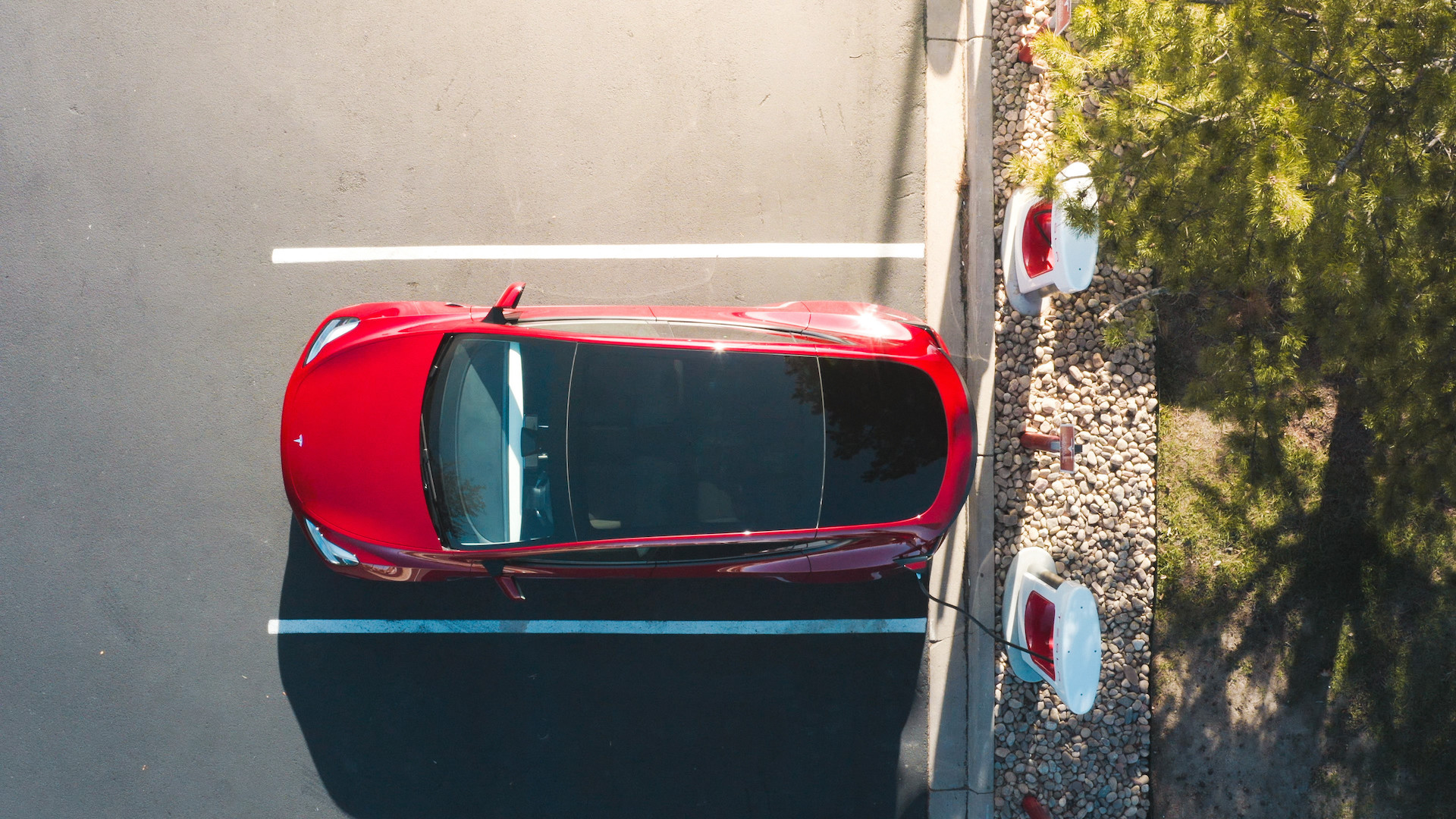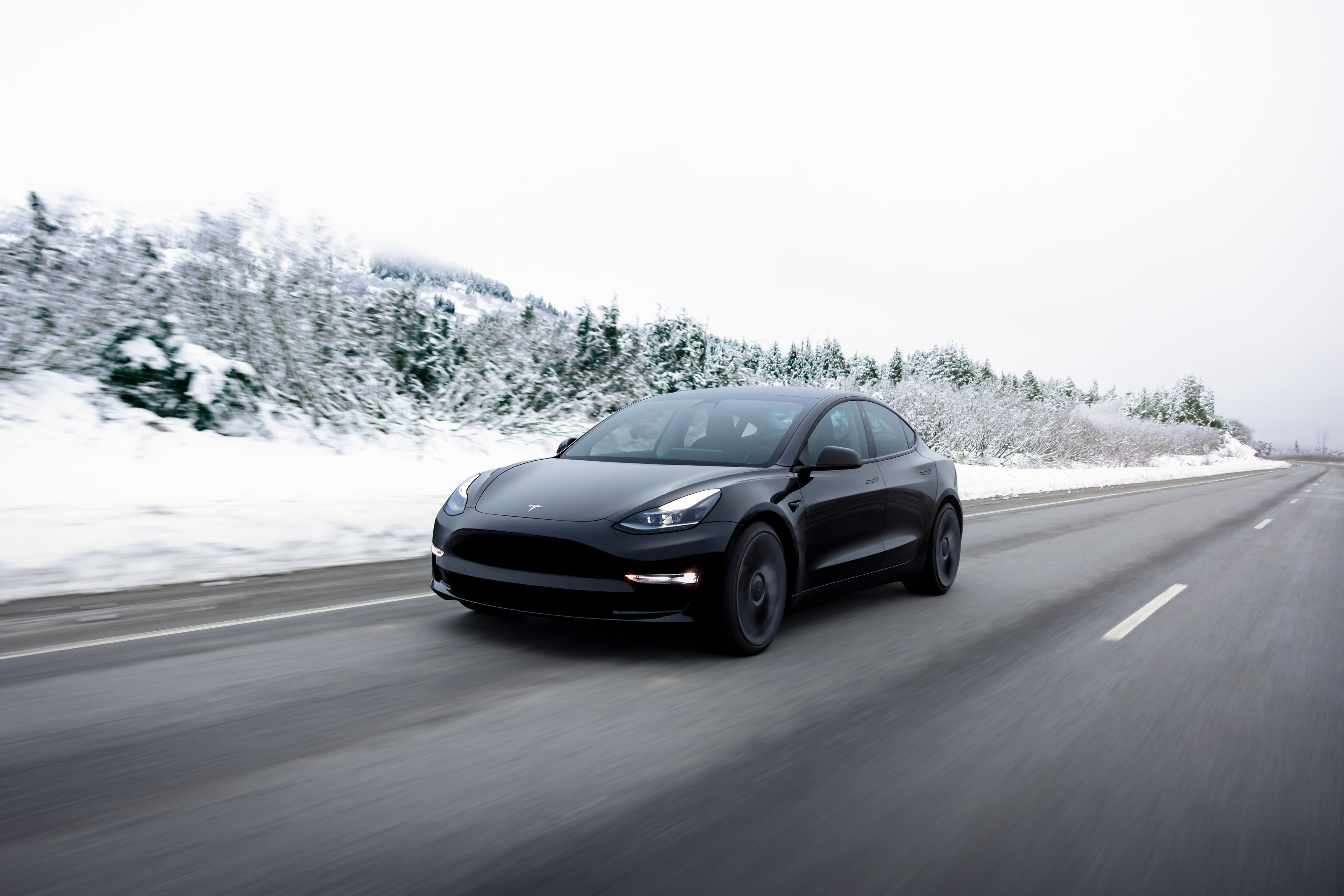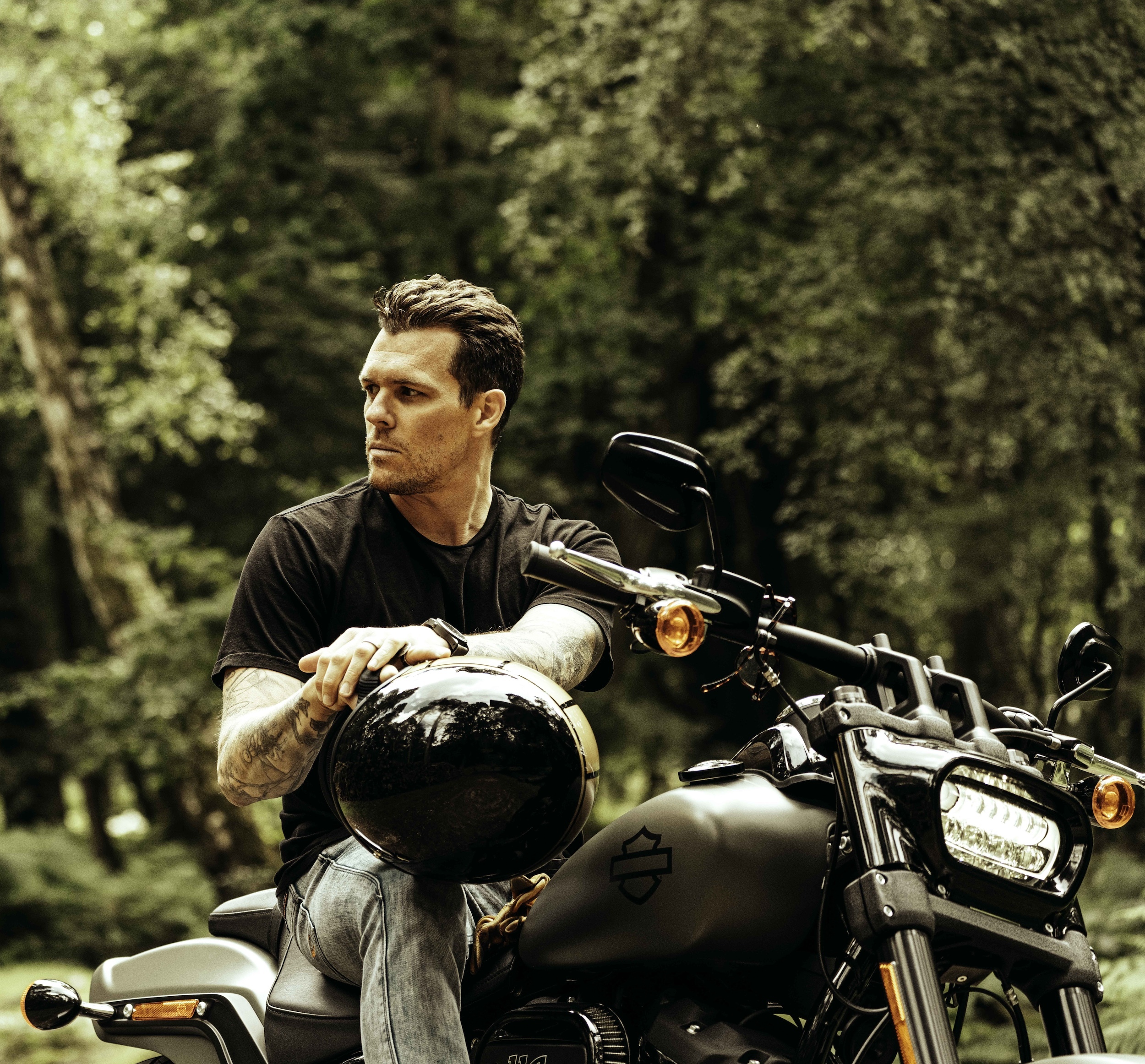Tesla's Autopilot system swerves big obstacle on long road to self-driving cars
Tesla wins first of several important autonomous driving cases

Sign up for breaking news, reviews, opinion, top tech deals, and more.
You are now subscribed
Your newsletter sign-up was successful
Tesla's Autopilot driver assistance system is at the heart of many of its cars – and the EV giant has just won the first of several upcoming court cases that could prove significant on the long road to fully self-driving cars.
A civil lawsuit filed in Riverside County Superior Court in California alleged that the Autopilot system caused owner Micah Lee's Model 3 to suddenly veer off a highway east of Los Angeles at 65 miles per hour, strike a palm tree and burst into flames, all in the span of seconds, according to Reuters.
This 2019 crash killed Lee and seriously injured his two passengers, including a then eight-year-old boy. The two survivors sought $400 million in damages, but according to The Guardian the electric vehicle maker claimed it was unclear whether the autopilot feature was engaged at the time of the crash.
Tesla's Autopilot system, which can be upgraded to a full self-driving (FSD) system for an additional fee, is in many of the brand's current models, touting high levels of autonomous driving capabilities that allow the driver to hand certain driving duties over to the car.
However, the company has always maintained that fully autonomous driving isn’t ready yet and that the driver must be ready to take control of the vehicle at all times, despite the potentially confusing Autopilot moniker.
This is the second case Tesla has won this year that involves its autonomous driving systems, with success in Los Angeles following accusations from a Model S owner who claimed their vehicle swerved into the kerb and injured its driver.
In both cases so far, the jury has agreed that ultimate responsibility for this technology rested with the human behind the wheel.
Sign up for breaking news, reviews, opinion, top tech deals, and more.

A win for Tesla, but a loss for autonomous driving?
According to Reuters, Bryant Walker Smith, a University of South Carolina law professor, said the outcome in both cases shows "our juries are still really focused on the idea of a human in the driver's seat being where the buck stops.”
This argument has helped Tesla win in court, but it could prove tricky for the future of autonomous driving in passenger cars, where the most powerful systems will supposedly allow drivers and passengers to take eyes off the road and hands off the wheel.
Tesla repeatedly lands itself in hot water over its messaging, such as naming its autonomous driving features "full self-driving" (FSD). Reuters recently reported that the car maker is facing a criminal probe into its claims that its cars can drive themselves.
But if the law keeps falling on the side of driver responsibility, this could prove a major stumbling block towards ultimate goal of autonomous driving in passenger cars in the near future, where drivers can kick back and relax while technology does the hard work.
You might also like

Leon has been navigating a world where automotive and tech collide for almost 20 years, reporting on everything from in-car entertainment to robotised manufacturing plants. Currently, EVs are the focus of his attentions, but give it a few years and it will be electric vertical take-off and landing craft. Outside of work hours, he can be found tinkering with distinctly analogue motorcycles, because electric motors are no replacement for an old Honda inline four.